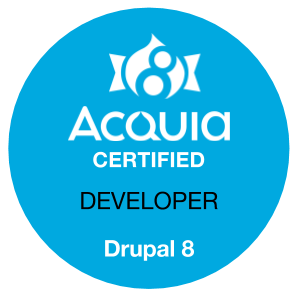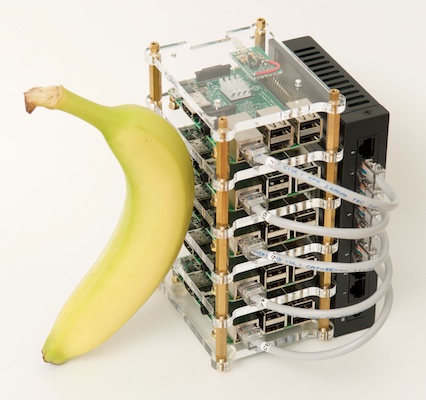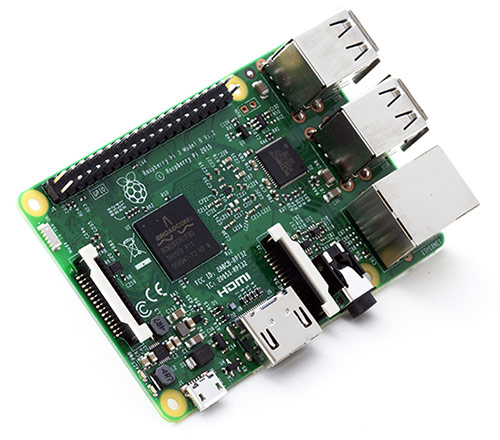Adding a role to a user programmatically in Drupal 8
Since a quick Google search didn't bring up how to do this in Drupal 8 (there are dozens of posts on how to do it in Drupal 7), I thought I'd post a quick blog post on how you can modify a user's roles in Drupal 8. Hint: It's a lot easier than you'd think!
In Drupal 7, $user was an object... but it was more like an object that acted like a dumb storage container. You couldn't really do anything with it directly—instead, you had to stick it in functions (like user_multiple_role_edit()) to do things like add or remove roles or modify account information.
In Drupal 8, $user is a real, useful object. Want to modify the account name and save the change?



